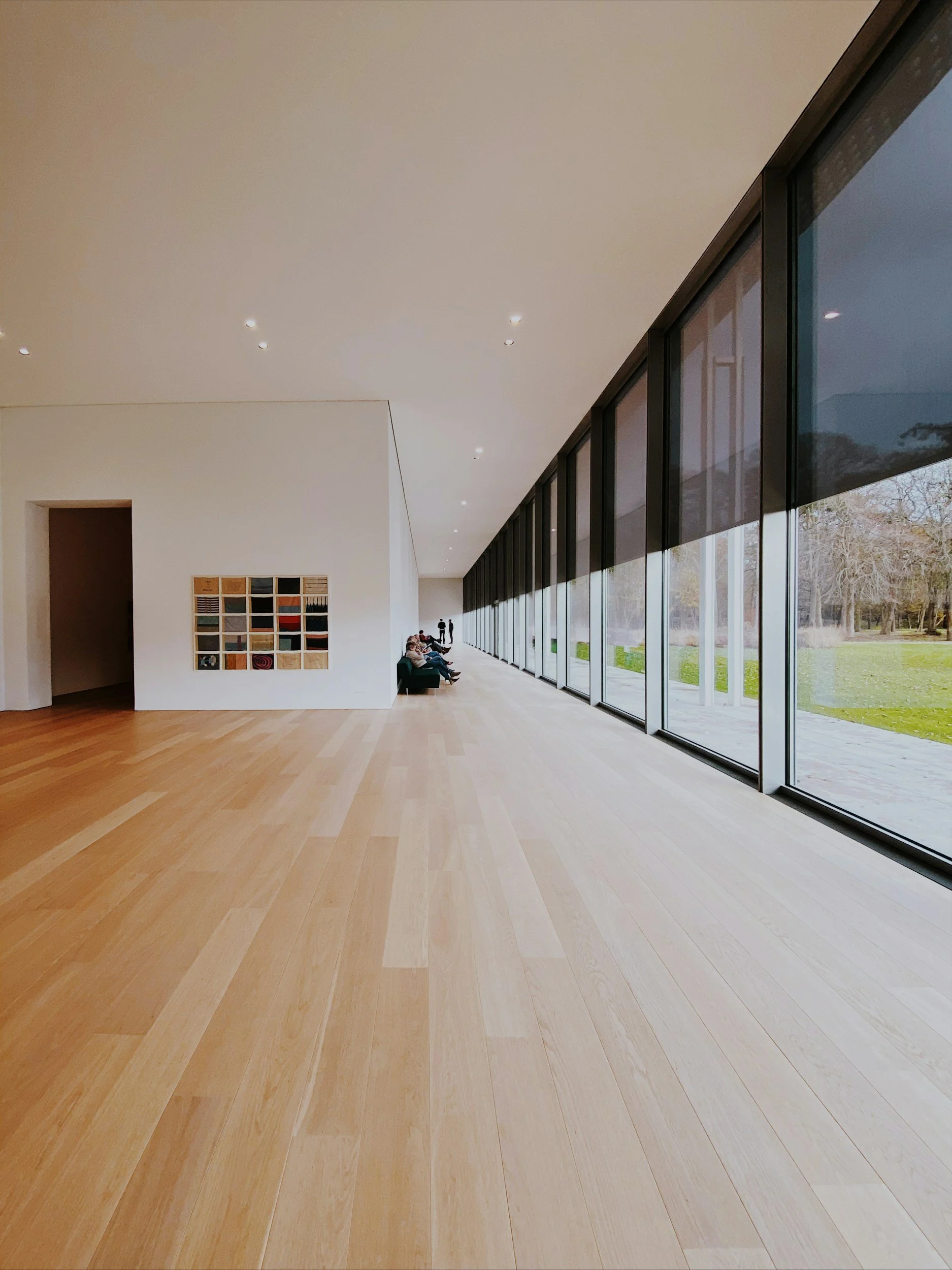
Frequently Asked Questions
How much does hardwood refinishing cost?
The cost to refinish hardwood floors typically ranges from $3.5 to $6 per square foot, depending on several key factors. The size of the area is the biggest influence, with larger spaces costing more overall but often less per square foot.
Other price drivers include the condition of the floors—if there are deep scratches, stains, or repairs needed, the price may increase. The type of finish chosen also affects cost; oil-based polyurethane tends to be more affordable but takes longer to dry, while water-based or low-VOC finishes may cost more but dry faster and have fewer fumes.
Additional elements like staining, furniture moving, and whether the job requires dustless sanding equipment can also raise the price. Ultimately, getting an in-person estimate is the best way to understand the full scope and cost of your refinishing project.
How much does a Screen + Coat cost?
A screen and coat—also known as a buff and re-coat—typically costs between $2.00 and $2.50 per square foot.
What Affects the Price:
Square footage – Larger areas may lower the cost per sq ft, but increase the total.
Type of finish used – Water-based finishes may cost more than oil-based options.
Floor condition – If deep cleaning or minor repairs are needed beforehand, expect a higher quote.
Access and prep – Rooms with lots of furniture or tight layouts may add labor time and cost.
Quick Comparison:
Screen & coat: $2–$2.50/sq ft
Full sanding/refinishing: $3–$8/sq ft
A screen and coat is a more affordable option if your floors have light surface wear and no deep scratches or damage. It's ideal for refreshing the finish, adding protection, and restoring sheen without the mess or time of full sanding.
FAQs Denver Floor Company
When to Refinish vs When to Screen + Coat
Screen and Coat (a.k.a. Buff and Recoat)
When it’s appropriate:
Light surface wear only – minor scratches, dullness, or loss of sheen.
The finish is worn but the wood itself is in good shape with no deep gouges or discoloration.
You want a quick refresh without changing the floor color.
You need minimal downtime—often can be done in a single day and walked on within 24 hours.
What it does:
Lightly abrades (screens) the top coat of finish, then applies a new coat.
Restores shine, improves protection, and extends the life of the floor.
Does not remove deep scratches, water damage, or stains in the wood itself.
Example: If your Denver hardwood floors still look good but have lost their shine after a few years, a screen and coat will make them look fresh again without the expense of full refinishing.
Full Refinishing
When it’s appropriate:
Deep scratches, dents, or gouges that go through the finish into the wood.
Color change desired (refinishing lets you stain the wood any shade).
Water damage, pet stains, or fading that has penetrated the wood.
The finish is worn down to bare wood in large areas.
What it does:
Sands the floors down to bare wood, removing all old finish and surface damage.
Allows for color changes with new stain.
Provides a completely fresh start with a new finish system.
Example: If your floors have heavy wear in high-traffic areas, visible wood damage, or you want to change from light oak to a rich walnut stain, refinishing is the right choice.
Summary:
Screen and coat is best when floors have light surface wear, dullness, or minor scratches but no deep damage, and you’re keeping the same color. It’s quick, inexpensive, and extends the life of your floors.
Refinishing is best when floors have deep scratches, stains, water damage, or when you want a color change. It involves sanding to bare wood for a complete reset.
Rule of thumb:
Light wear = screen and coat.
Heavy damage or color change = refinish.

